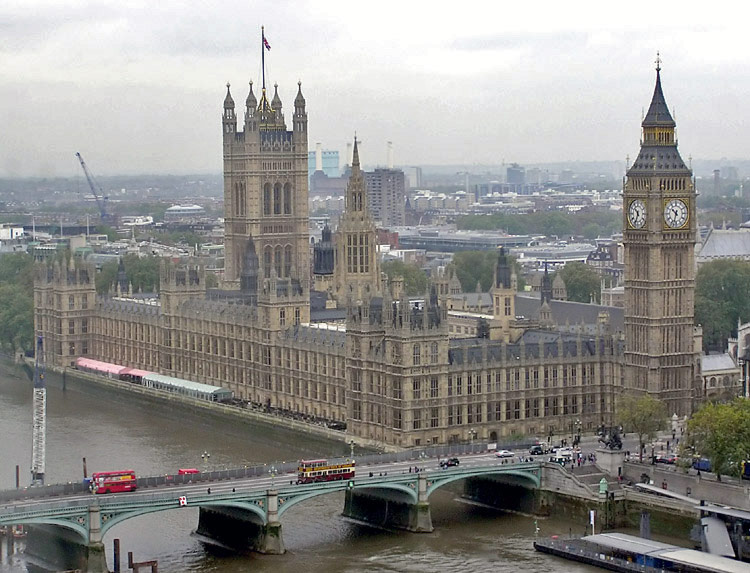|
Cash For Influence (other)
Cash for Influence, Cash for Laws or Cash for Amendments may refer to: * Cash for Honours The Cash-for-Honours scandal (also known as Cash for Peerages, Loans for Lordships, Loans for Honours or Loans for Peerages) was a political scandal in the United Kingdom in 2006 and 2007 concerning the connection between political donations an ..., 2006, 2007 * 2009 cash for influence scandal * 2010 cash for influence scandal * 2011 cash for influence scandal See also * Cash for access (other) {{disambig de:Spendenaffäre ... [...More Info...] [...Related Items...] OR: [Wikipedia] [Google] [Baidu] |
Cash For Honours
The Cash-for-Honours scandal (also known as Cash for Peerages, Loans for Lordships, Loans for Honours or Loans for Peerages) was a political scandal in the United Kingdom in 2006 and 2007 concerning the connection between political donations and the award of life peerages. A loophole in electoral law in the United Kingdom means that although anyone donating even small sums of money to a political party has to declare this as a matter of public record, those loaning money at commercial rates of interest did not have to make a public declaration. In March 2006, several men nominated for life peerages by then Prime Minister Tony Blair were rejected by the House of Lords Appointments Commission. It was later revealed they had loaned large amounts of money to the governing Labour Party, at the suggestion of Labour fundraiser Lord Levy. Suspicion was aroused by some that the peerages were a ''quid pro quo'' for the loans. This resulted in three complaints to the Metropolitan Police ... [...More Info...] [...Related Items...] OR: [Wikipedia] [Google] [Baidu] |
2009 Cash For Influence Scandal
The 2009 cash for influence scandal (also cash for amendments or cash for laws) was a political scandal in the United Kingdom in 2009 concerning four Labour Party Life Peers offering to help make amendments to legislation for up to £120,000. The Lords Privileges Committee recommended the two men be suspended from the House for up to six months after an investigation into allegations made against four Labour peers. Lord Taylor of Blackburn was suspended as a Labour Party member pending the investigation while Lord Truscott quit the party. On 20 May, the House of Lords considered the report of the Privileges Committee and voted to suspend Lord Taylor and Lord Truscott for six months. The suspensions were the first since Oliver Cromwell’s era in the 1640s. The previous member to be suspended from the House of Lords is believed to have been Thomas Savile, who was barred in 1642 for siding with King Charles I. Allegations The allegations were made by ''The Sunday Times'' In ... [...More Info...] [...Related Items...] OR: [Wikipedia] [Google] [Baidu] |
2010 Cash For Influence Scandal
The 2010 cash for influence scandal was a political scandal in the United Kingdom. It was brought to public and widespread media attention by a March 2010 documentary by Dispatches in which a journalistic sting operation recorded and revealed Members of Parliament and the Lords offering to work for a fictitious political lobbying firm for fees of £3,000 to £5,000 per day. As a result of the scandal, Labour MPs Patricia Hewitt, Geoff Hoon, Margaret Moran and Stephen Byers were all suspended from the party. Hoon, Byers and Richard Caborn later also received bans from Parliament. Background Twenty politicians were approached by the documentary: fifteen agreed to meet, ten arranged meetings, and of those ten, nine were secretly filmed. These nine included the Conservative MP Sir John Butterfill and Labour Party MPs Stephen Byers, Patricia Hewitt, Geoff Hoon, Richard Caborn, Adam Ingram and Margaret Moran. The Labour members were all due to stand down at the next general ... [...More Info...] [...Related Items...] OR: [Wikipedia] [Google] [Baidu] |
2011 Cash For Influence Scandal
In 2011, the European Commission’s Anti-fraud Office (OLAF) opened a formal investigation for corruption against four Members of European Parliament (MEPs)—Romanian Adrian Severin, Austrian Ernst Strasser, Spaniard Pablo Zalba Bidegain (who was cleared of wrongdoing as he had not accepted payment), and Slovenian Zoran Thaler—after an article in ''The Sunday Times'' claimed that they had tried to influence EU legislation in exchange for money. The ''Sunday Times ''journalists went undercover and approached 60 MEPs, posing as lobbyists and requesting votes to table or support certain amendments in exchange for money. Indictments Strasser and Thaler resigned in March 2011; Strasser was sentenced to four years in jail on 14 January 2013. OLAF dismissed the case against Thaler, claiming that it had been unable to find "evidence to support suspicion of wrongdoing" (though it did blame the European Parliament for "refus ngto provide the necessary support during the investigati ... [...More Info...] [...Related Items...] OR: [Wikipedia] [Google] [Baidu] |
Cash For Access (other)
Cash for access refers to scandals involving the clandestine receipt of money for delivering meetings with senior office-holders. Examples include: * Derek Draper, 1998 Cash for Access scandal, also known as 'Lobbygate' * Sarah, Duchess of York, 2010 Cash for Access scandal *2012 cash for access scandal: ** Peter Cruddas, 2012 Cash for Access scandal ** Sarah Southern, 2012 Cash for Access scandal *2015 cash for access scandal: **Malcolm Rifkind **Jack Straw See also * Cash-for-questions affair, UK, 1990s * Cash for Honours * Cash for Influence (other) Cash for Influence, Cash for Laws or Cash for Amendments may refer to: * Cash for Honours The Cash-for-Honours scandal (also known as Cash for Peerages, Loans for Lordships, Loans for Honours or Loans for Peerages) was a political scandal in t ... {{dab Political funding in the United Kingdom Political scandals in the United Kingdom ... [...More Info...] [...Related Items...] OR: [Wikipedia] [Google] [Baidu] |
